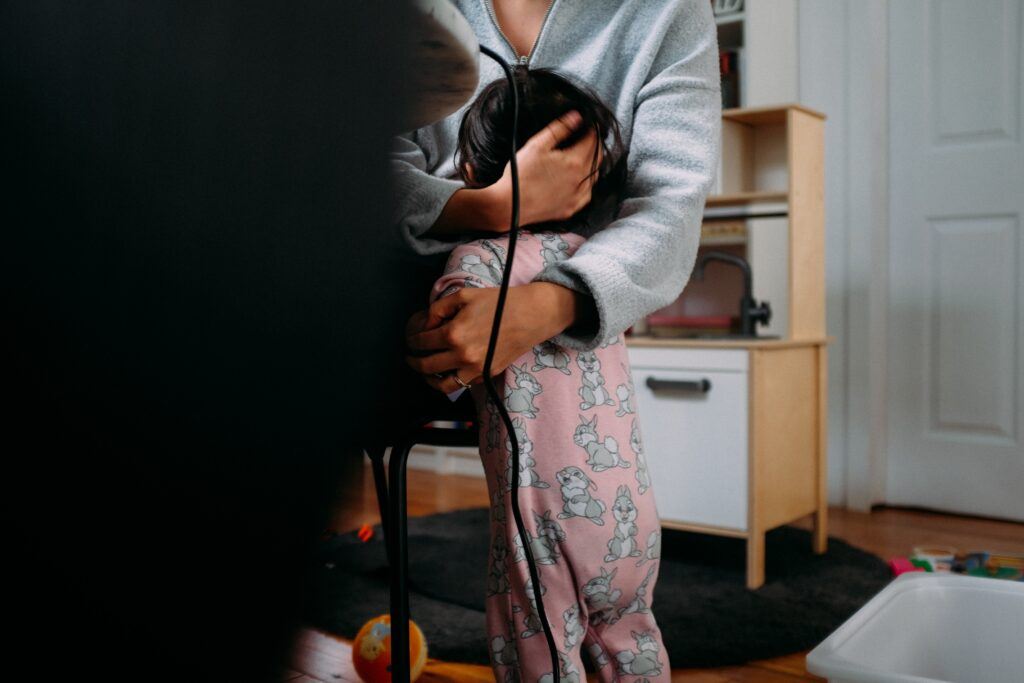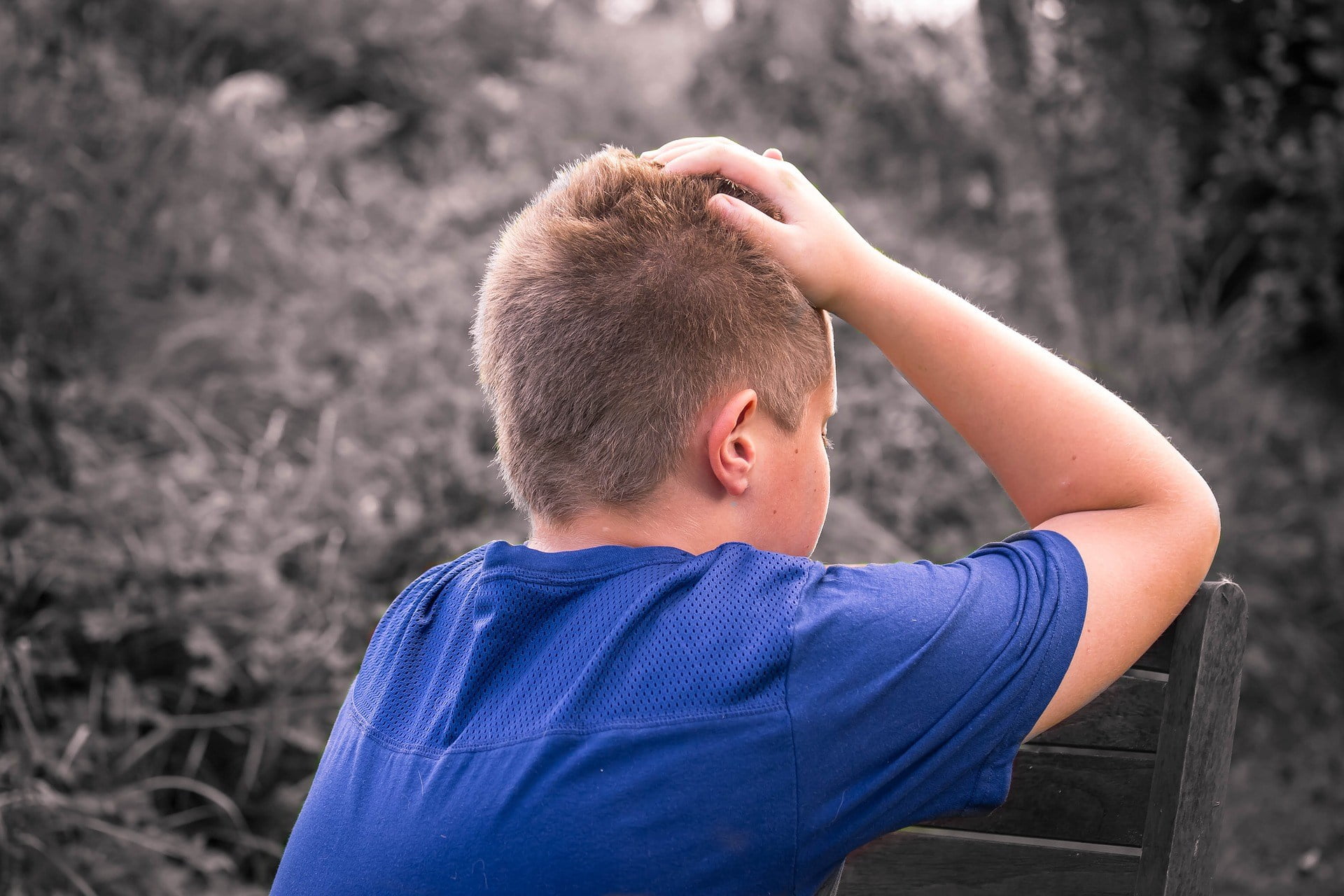Uninvolved parenting affects children later in life. Being one of the 4 main parenting styles include authoritarian, authoritative, and permissive, uninvolved parenting is the 4th one that is categorized in Baumrind’s parenting typology. Each style reaps different outcomes and in this article, we will share facts about uninvolved parenting and how it affects our children later in life.
It is also important to take note that uninvolved parenting style sometimes isn’t intentional. It is maybe due to these group of parents were brought up in that way too and often they are so engaged in their jobs 24/7 due to financial burdens. If you happen to be one of them or someone you know who is, please read on.
Uninvolved Parenting Style
Uninvolved parents often have no time and care for their children besides providing their children with basic needs such as house, food, clothing and education. They couldn’t be bothered to offer supports to their kids’ need because they are too tied up with other matters. Kids growing up in the household will have to look after themselves, thinking their parents have other priorities over them, feeling neglected and uncared for.
Usually, this type of parents do not aware that this is not the way how kids should be raised. Children need parents’ involvement and guidance to thrive.

Uninvolved parenting affects children. How?
Children need our parents attention to grow up. Uninvolved parents usually do not set any boundaries or discipline their children. Children who are feeling neglected will receive little to no nurturing or guidance from their parents. Usually, here are the common behavior patterns of a uninvolved parent:
- Do not set rules, boundaries or expectations on their child’s behavior. Do not provide support and supervision.
- No concern on child’s development, show no interest in child school work, activities or performance.
- No interest in their daily activities and play.
- No warmth or affection towards their children.
No doubt, lack of parent’s involvement, can have a negative effects on children. It is also true that, children who are raised by uninvolved parents, will learn to be more self independence and learn how to take care of themselves at an early age. But still the drawbacks outweigh the good.
Research has shown that neglected children will be 2.6x more likely to become neglectful to their own children and twice as likely to be physically abusive than those who did not. Due to lack of affection at young age, they also will find themselves unable to maintain good relationship with others too.
Children who are facing constant ignorance from their parents, perform poorer in school compared to those who are raised by authoritarian parents. In 2007 research paper to evaluate how parenting styles affecting homesickness in a group of young adults aged 16-25 and how well they learn to cope with the feeling. The results have shown that young adults who are raised by uninvolved parents are less homesick, and therefore, they faced hard time coping with this feeling. In this study, reveals the facts that the importance of loving and nurturing environment for development skills to cope with their problem later in life.
Are you a uninvolved parent?
Let’s test yourself with these simple questions, if you answered more than two “NO”, you are unknowingly, an involved parents.
- Do you stop doing whatever you are doing and listen to your children when they want to speak to you?
- Do you prepare your child’s breakfast in the morning and let him bring to school and enjoy?
- Do you prepare his favorite food to enjoy after he comes back from school?
- Do you involve in his play?
- Do you regularly help your child in his study or school activities?
- Do you know his favorite cartoon character, his favorite book or his toys?
- Do you get to know his friends in school, and what are their names?
- Do you feel concerned if you see your child is sad or angry?
Realize that you are uninvolved parents, now what? Can you do something about it? The answer is definitely a YES. It is never too late to feel guilty that you have not done enough for your child. Now here are what you can do to help turn the situation around for your child and for you too.
Solutions
Actions to show that you care is the way to start now. Here are some suggestions:
Make time for your kids
Just like you make time for your work, try your very best to make some quality time for your kids. It can be during meal time, before bedtime and even when you drive them to the school or when you pick them up. Spend just 10-15 minutes talking and chatting with them, show your interest in knowing what they have been doing the whole day, etc.

Lend an ear
For both working parents, finding time to stop working and listen attentively to your child is sometimes hard if you are feeling too tired and need a rest at home. You shall never try to justify the lack of attention due to being busy at work. If it is not an urgent matter, stop working for just 10 minutes and listen attentively to your kids. If you are truly too busy to see to an issue, tell your child to give you another 30 minutes and tell him why. Explain to him that you will be available for him as soon as you possibly can, and you will keep your promise.
It takes effort in communication, but it is important to connect and let your child feels that he can trust you. When there is a trust, he will share his thoughts and troubles with you, allowing you to give advice and proper guidance.
Guiding and coaching
We are our children role’s models. Our jobs are not limited to provide them food and shelter, but also give guidance to help them become a better person. As parents, we need to differentiate between friends and parents’ role. Need to keep a balance between being strict or friendly with your child. Set certain rules to help your child learn about boundaries and limitations.
When they need our help in school work or during their play, we shall never turn them down. Be involved with their school work and activities, show your concern in their study and performance.
Hug and Cuddle
All children need love and warmth. Occasionally, give them a hug and good bye kiss before going to school or before they are going to bed. When he is depressed, be there with him, hold him in your arm just like he is still a little baby. Talk with a soft voice and do something to make him happy.
If you can do these 4 things, you are getting close to be involved in your child’s life. As a conclusion, being an involved parent, you need to :
- Listen to them
- Spending time with them
- Learning their needs
- Be responsive to them
If you have been uninvolved in their life for a long time, every little steps that you make now matters to make a difference in their life, and their happiness now. Sometimes, apologize to them for the past and express your desire to make things better will be a good idea.
Think about it, if we were raised by uninvolved parents before, would you like your kids to go through the same experience? I am sure you will not want your kids to go through that bad experiences as it is just not the way how kids should be raised.
Read more ” The importance of parental involvement in education“, ” 4 parenting styles- their effect on social behavior of a child“

